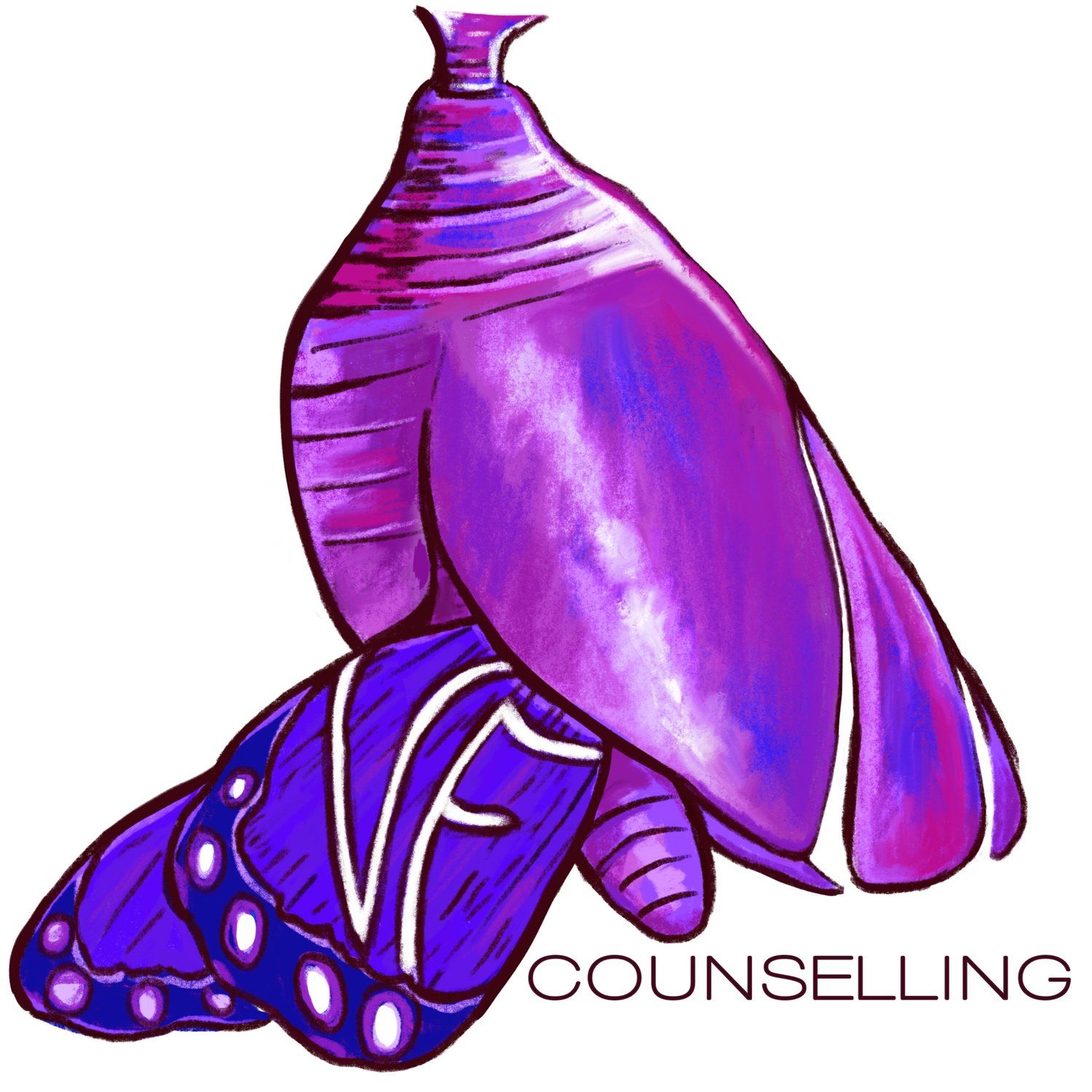Counselling
“You do not have to be good.
You do not have to walk on your knees
For a hundred miles through the desert, repenting.
You only have to let the soft animal of your body
love what it loves.”
Collaborative
More than anything, I’ve learned that there is no prescribed template for this work. Everyone will approach situations in their own way, based on a complex interplay of personal, historical, intergenerational and societal factors. I see my role as a counsellor as that of the grounded witness: someone who can be alongside you, offering potential strategies and opportunities for deeper reflection, with you always in the driver's seat.
anti-oppressive
Self love, for those of us who have been impacted by ongoing and historical forms of oppression, is an act of resistance. Fostering connection and relationship are acts of courage. Caring for the self is deeply interwoven with caring for others, and the world.
Striving to practice anti-oppressively is an ever-evolving process, never an end state. For me, anti-oppression doesn't mean "never making mistakes"! I've spent many years trying to be "good," and now I'm letting go of that in favor of being real, authentic, connected. Rather, anti-oppressive practice, for me, is about visioning what a new world, and new ways of relating to ourselves and others, could look like. Let's dream and create together.
somatic
In addition to my social work practice, I have received additional training in Body-Mind Psychotherapy and Sensorimotor Psychotherapy (for trauma). These approaches are trauma-informed and draw on neuroscience as well as early motor development to explore sensations and movement impulses as they arise in the body, and to allow these to sequence. The primary tool utilized for this work is directed mindfulness.
While these approaches are informed by a deep respect for the wisdom of the body, they do not require the use of touch.
trauma Informed
I work primarily with folks who have experienced trauma, including sexual assault; intimate partner violence; childhood abuse; and/or the impacts of systemic oppression (such as racism, ableism, transphobia and homophobia). In our work together, we frequently explore themes such as understanding, creating, and maintaining boundaries; unpacking patterns and cycles of abuse in relationships; increasing coping, grounding, and emotional regulation skills; expanding internal and external resources; getting to know different parts of self and increasing internal cooperation; and working on deepening connections in relationships.

